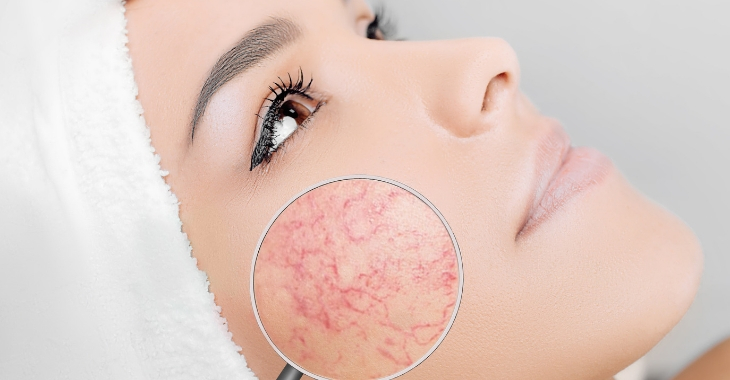Common Myths About Sunscreen
Sunscreen can be one of the best defenses against negative effects from sun exposure. It can help reduce the risk of sunburns, skin cancer and premature aging of the skin. However, when and how to use sunscreen properly is surrounded by myths that have been perpetuated over the years. Here are some of the sunscreen myths and the real facts.
Cloudy Days Protect You from the Sun
Many people believe that you only need sunscreen on sunny days. This is not true; you should apply sunscreen to exposed skin when outside, even on cloudy days. The UV rays that can harm your skin are still present when it is cloudy or overcast.
Dark Skin Doesn’t Need Sunscreen
While darker-skinned people are less likely to burn in the sun, that doesn’t mean they shouldn’t wear sunscreen. Sun-damage still occurs in dark skin, aging the skin and increasing the risk for sun cancer.
Sunscreen Replaces Clothing as Protection
It is a common myth that sunscreen works like clothing to protect skin. While it does offer protection, clothing and shade are much better at blocking UV rays. A wide-brimmed hat and as much clothing as possible will give your skin better protection than sunscreen.
Waterproof Sunscreen Won’t Wear Off in Water
While some sunscreens may be water-resistant, “waterproof” is not a true statement. All sunscreen will dissipate when you are in the water or sweat profusely. You should reapply your sunscreen after going in the water.
Sunscreen is a great way to reduce risks of overexposure to the sun and especially important to prevent skin cancer. For more information on how you can protect your skin, talk to your dermatologist to get the facts.
Posted on behalf of:
Medical Dermatology Specialists
5730 Glenridge Drive, Suite T-100
Atlanta GA 30328
(404) 939-9220
The information provided on this website, including text, graphics, images, and other materials, is intended solely for informational purposes and should not be used as a substitute for professional medical advice, diagnosis, or treatment.

)